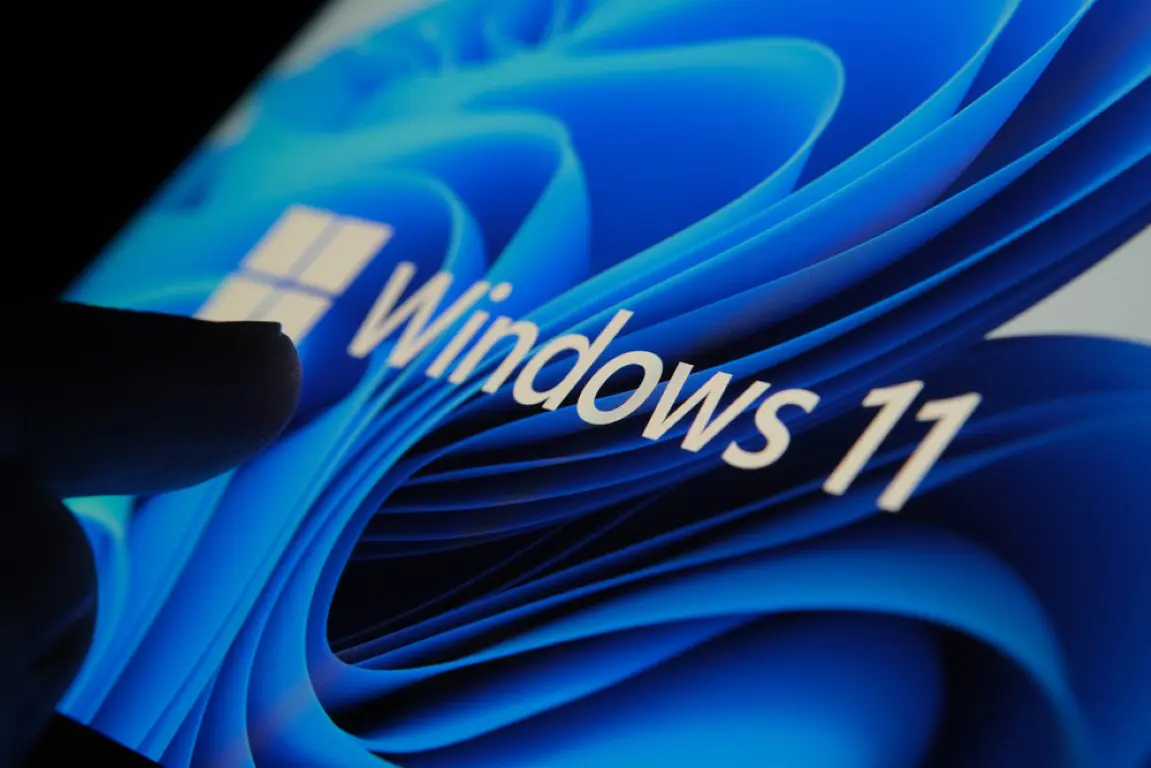98 percent of organizations that have not yet completed the migration to Windows 11 are considering paying Microsoft for several years of additional updates. The fear of malware is significant.
Almost all organizations still relying on Windows 10 systems are considering purchasing Extended Security Updates (ESU) from Microsoft. This is according to a survey by Panasonic in the UK and Germany, involving a total of 200 organizations with more than 1,000 employees, where the Windows 11 migration was not yet completed.
Hardware Replacement
The deadline for migrating from Windows 10 to Windows 11 expires in October of this year. Upgrading to Windows 11 is not always straightforward, as Microsoft artificially maintains high system requirements for the new operating system. This implies that systems that are powerful enough still cannot receive an upgrade because the CPU is from an older generation or there is no TPM 2.0 chip onboard.
Organizations with fewer than 5,000 employees need to replace or upgrade an average of 56 percent of their Windows computers with new hardware. For large companies, the proportion is even greater according to the Panasonic survey: they need to upgrade or replace an average of 76 percent of their devices. On average, 62 percent of devices need to be replaced or upgraded to facilitate the move to Windows 11.
Costs, Risks, and E-Waste
This entails high costs for companies and is not good for the e-waste pile. Old laptops that are replaced cannot simply be given a second life and are primarily suitable for the waste pile or recycling. The security risks for those using Windows 10 after support ends are just as significant for schools, non-profits, or other organizations that typically benefit from refurbished devices.
read also
Postponement of Windows 11 Migration: Organizations Willing to Pay for Extended Security Updates
The good news is that companies correctly assess the risks of a delayed transition to Windows 11. 94 percent are rightly concerned about ransomware attacks, data breaches, and other issues. This is precisely why the willingness to pay for ESU is so high.
Additional Revenue (for Microsoft)
ESU is a band-aid on the wound. Microsoft offers a maximum of three additional years of support at a price that increases each year. Redmond wants to give companies extra time but still discourages organizations from delaying the migration to Windows 11.
A caveat is that ESU is available to consumers for the first time. Combined with the strict hardware requirements for an upgrade, Microsoft seems to see ESU more and more as a source of revenue. In a professional context, the price tag for thousands of devices can certainly add up. Moreover, ESU only guarantees a delay: an effective migration is still inevitable.
Reasons for Delay
A major motivation for ESU and migration delay is the fact that the hardware cycle of some non-compatible devices is not yet complete. Companies do not want to dispose of these computers prematurely. 40 percent of respondents cite this motivation. Software compatibility also plays a role (47 percent), as does fear of downtime (45 percent).
Panasonic sells outliers: the manufacturer’s rugged devices typically have slightly older hardware and are mainly intended to last a long time in challenging conditions. This comes with a price tag. It is not illogical that companies do not want to renew such devices prematurely.
